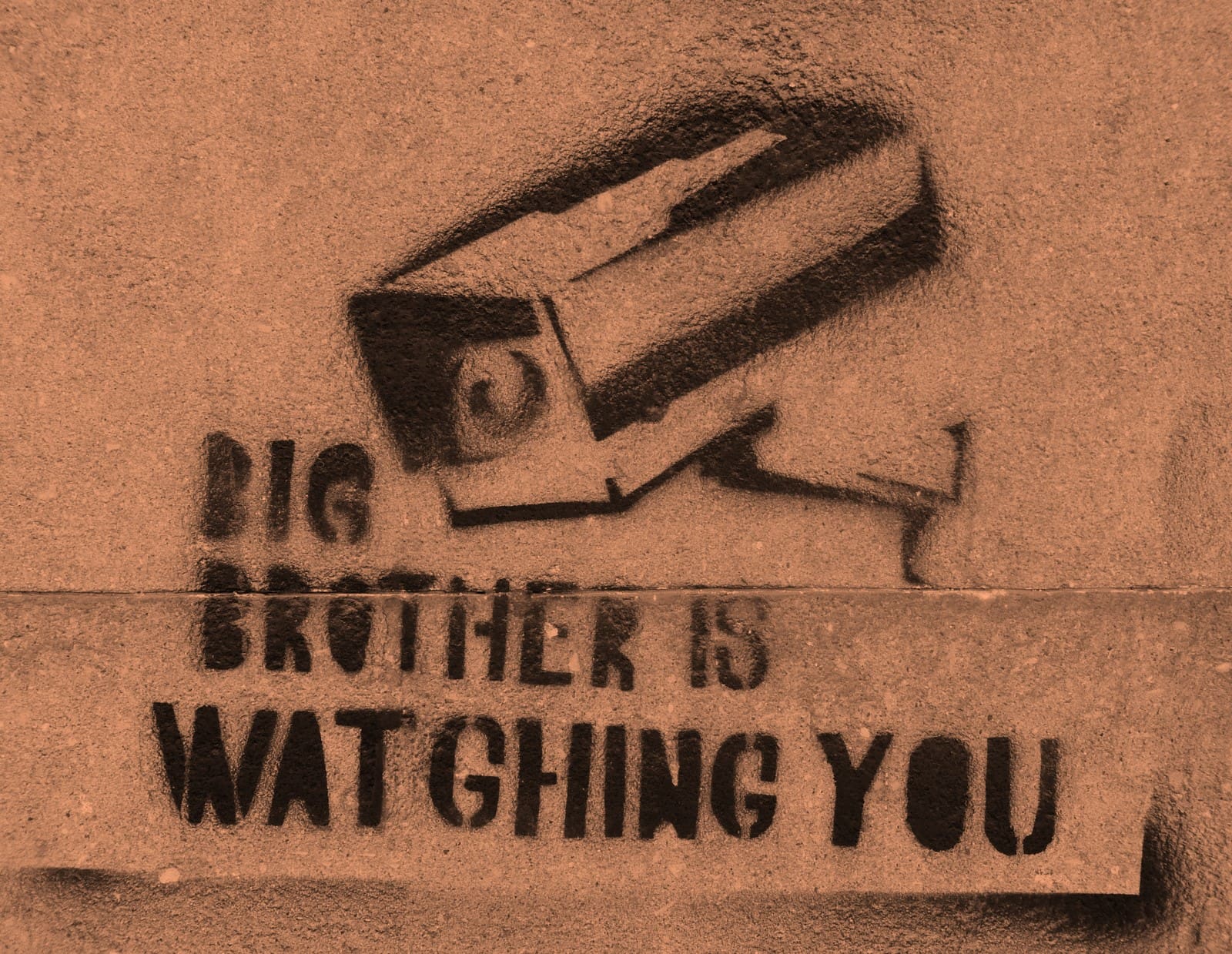Most recently, we have seen in Canada, which is a liberal country, how quickly governments can access bank accounts and crypto wallets and freeze the funds on them without the intervention of the courts. The government of Justin Trudeau has shown how critical decentralized cryptocurrencies without government control are. We advise not to hold your crypto funds in custodial wallets on online exchanges but in non-custodial wallets. Do not let governments control your cryptos!
The fact is that states have control over centralized crypto exchanges through regulators and supervision. While Binance shows how to avoid government control through legal entities in various jurisdictions, this is becoming increasingly difficult as Binance, Coinbase, Kraken et al. need access to the FIAT system.
On Feb. 14, Canada invoked its Emergencies Act intending to control the Freedom Convoy, a group protesting COVID-19 restrictions by occupying Ottawa’s downtown core. The act allows the government to immediately freeze several bank accounts and prevent exchanges from working with specific cryptocurrency addresses without court approval. Over 34 cryptocurrency addresses were initially blacklisted last week.
Soon after the Emergencies Act was put into effect, the two cryptocurrency exchange leaders, Jesse Powell, Kraken CEO, and Brian Armstrong, Coinbase CEO, criticized the policy on Twitter. Both CEOs urged investors not to hold their cryptocurrency on an online exchange. Instead, they advised users to hold funds in and send funds from off-exchange non-custodial wallets.
According to Crypto Briefing, the Canadian regulator Ontario Securities Commission (OSC) has reported tweets from two crypto exchange CEOs to law enforcement. While law enforcement and regulators can force exchange operators like Kraken or Coinbase to freeze wallets, authorities cannot prevent the crypto owners from moving cryptocurrency peer-2-peer on blockchain a/k/a on-chain.
Decentralized crypto and states have a difficult relationship. The developments in Canada are just one of many state developments aimed at gaining control over cryptos.
